Years ago I remember being struck by the wisdom of an inspirational speaker who was trying to excite sales people to greater commitment, action and performance in the midst of the so-called ‘recession we had to have’. I was impressed at the time because it was a tough sell. Sadly I don’t remember the speaker’s name and apologise for the lack of proper attribution. He said:
I have never seen times so good some people weren’t losing their shirt. But I also have never seen times so bad some people weren’t making a bucket load.
The quote seems very apt now. My LinkedIn feed and email are jammed with COVID prompted reach outs. Some organisations are trying to sell me on the same stuff I didn’t want to buy before. Others haven’t worked out how to sell me anything during the pandemic. Many have opted for some message of vague solidarity assuring me they are still with me and care for me in these ‘difficult times’. Others have just given up. Their sky has fallen in and they are either struggling to survive or are already out of business. Other organisations are thriving. This series of posts takes you through the 4 R’s of Revenue Recovery.
The 4R’s for Revenue Recovery
We have discovered four useful customer strategies for success.
Getting the basics RIGHT
Fulfilment REORGANISATION
Asset REDEPLOYMENT
Value REPLACEMENT
Each post in this 4 part series takes you through each strategy and gives an example of a company that has done this well.
Getting the basics right
One of our clients is a privately owned firm called FibreKing. The company designs, makes and installs bespoke packaging equipment for end of line automation. They sell machines that put cases in boxes. These machines are (imaginatively) called casepackers. They also sell machines to put cases on pallets and take empty containers off pallets. These are called palletisers and depalletisers. It’s probably quite obvious what their lidder machines do. The company has been going since the 1920’s. Over the last decade the long term trend to off shore Australian manufacturing has worked against the company. COVID was expected to make matters worse. But it seems FibreKing has not been advantaged or disadvantaged by the pandemic in real terms.
For FibreKing, some clients delayed projects last financial year due to COVID. Others brought projects forward because their demand increased. Some took advantage of government incentives to depreciate equipment faster. At the start of the pandemic we asked clients about their expected capital spend. Their response suggested the end of last financial year would be bleak. However FibreKing has come out ahead despite the overall downturn. June set a new monthly revenue record compared to the last three previous financial year ends. What is interesting is how this has happened. It’s not due to the pandemic.
Video calls increased productivity
Many clients decided to restrict sales people from visiting their sites in response to COVID. Instead they chose to discuss automation projects over video calls online. At first this seemed like a constraint. It turned out to be an advantage because our sales engineers saved a lot of time not having to drive out to see clients on site. This extra time meant the sales team could cover more ground.
The sales process was overhauled
We added value to the business by taking a business process re-engineering approach to their sales pipeline. We cut more than 150 hours from the time to go from leads down to an order. This extra time was invested in expanding our pipeline of opportunities. We also mapped the sales process to ensure the team were focused on meeting all the people involved on the client side in the purchasing decision. The priority was to make sure everyone’s needs on the client side were properly understood. Only then could we craft a cost effective and reliable solution. In combination these changes more than compensated for any sector downturn.
Getting the basics right grew revenue by 40% in FY19-20
In the last financial year the company grew revenue by 40%. The result was an EBIT uplift of close to $2M in an annual turnover of around $9M. FibreKing has not done anything truly innovative. Instead, they got the basics right. This is probably the greatest lesson from the so-called crises - all most businesses need to do to succeed right now is to apply a little bit of insight and manage more professionally.
Continue to Part 2: Fulfilment Reorganisation
Robert Dew is a Founding Partner at CapFeather Global with more than 2o years of corporate consulting and university lecturing in Innovation, Customer Strategy and Customer Experience. His PhD related to improving creativity in strong corporate governance environments. He has also done 60+ start-ups.


